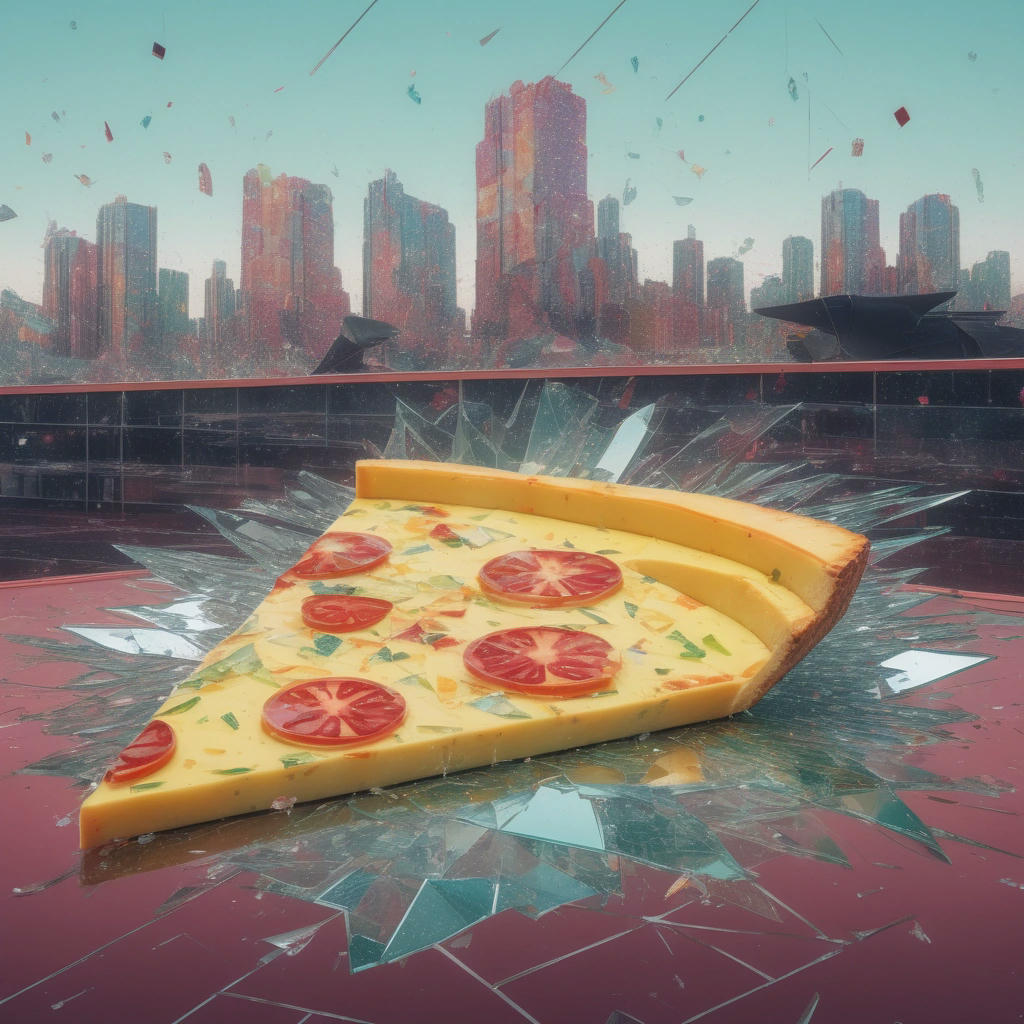The debate about pineapple on pizza has been a staple of internet discourse for what feels like an eternity. It's a topic that sparks strong emotions, with some people passionately defending the Hawaiian classic, while others despise it with every fiber of their being. But amidst the chaos of online arguments and memes, we've lost sight of the real issue: what does the pineapple pizza phenomenon reveal about our collective psyche?
On the surface, the pineapple pizza debate appears to be a trivial matter. It's just a topping, after all. But scratch beneath the surface, and you'll find a complex web of cultural, social, and psychological factors at play. The pineapple has become a symbol of rebellion, of nonconformity, of a desire to challenge the status quo. It's a middle finger to the culinary establishment, a declaration of independence from the tyranny of traditional toppings.
But what drives this desire for rebellion? Is it a genuine desire for innovation, or a shallow attempt to stand out in a crowded online landscape? The answer lies in our innate human need for identity and belonging. In an era where social media dominates our lives, we're constantly seeking ways to express ourselves, to signal to the world that we're unique and interesting. The pineapple pizza becomes a convenient prop in this performance, a way to broadcast our individuality to the world.
However, this desire for individuality comes at a cost. The pineapple pizza debate has become a battleground for online trolls and keyboard warriors, who use the topic as a proxy for more deep-seated anxieties and insecurities. The vitriol and aggression directed towards those who dare to put pineapple on their pizza is a symptom of a larger problem: our inability to engage in constructive, respectful discourse.
In the end, the pineapple pizza is not just a topping, but a reflection of our society's values and priorities. It's a symbol of our desire for creativity and self-expression, but also of our tendency to prioritize outrage and controversy over meaningful conversation. So the next time you're tempted to weigh in on the pineapple pizza debate, take a step back and ask yourself: what's really at stake here? Is it just a topping, or is it a reflection of our collective psyche?


